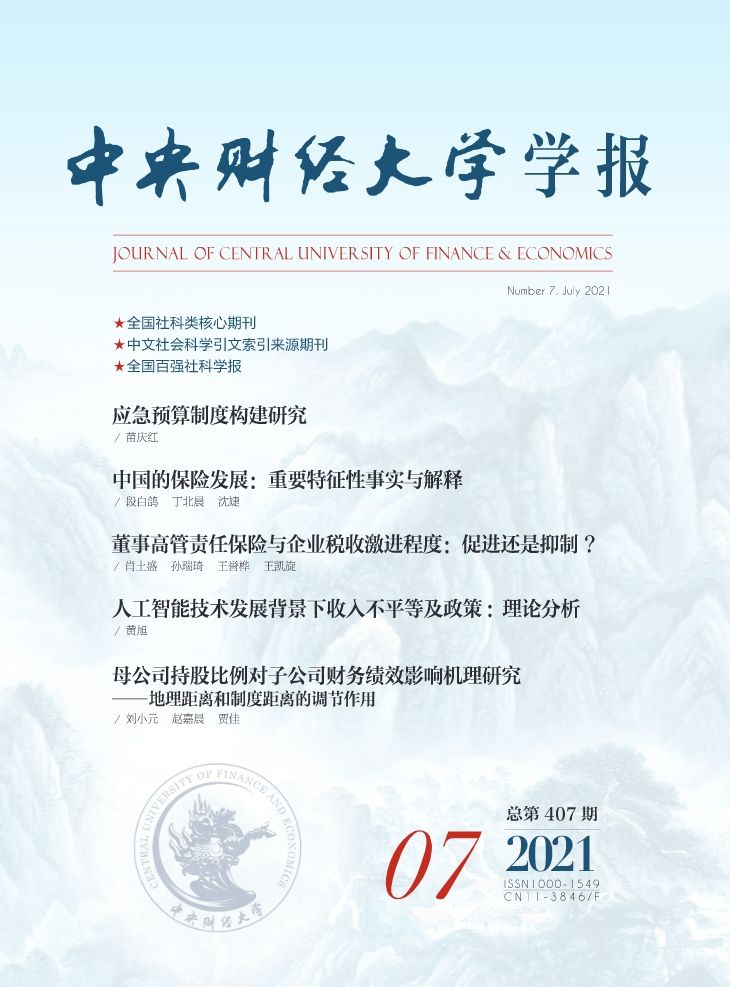WANG Yi-pu, ZHANG Xuan, JU Ming
2021, 0(7): 13-24.
Value-added tax(VAT)has become the focus of tax reform in various countries,not only because of the strict collection and management of VAT,but also because it can improve the efficiency of the tax system.Based on the quasi-natural experiment of“replacing business tax with VAT”,this paper examines the impact of VAT reform on corporate tax compliance.The results show that the reform can significantly improve the degree of tax compliance of enterprises,and the results are still valid after a series of robustness tests.The influence mechanism test proves that the reform will promote the tax compliance of enterprises by exerting the effect of invoice governance,financing constraint,local tax collection and management.Further studies have found that tax compliance between private enterprises and service industry has increased more significantly,but the tax compliance of state-owned enterprises and real estate enterprises is less affected.This paper emphasizes the systematic analysis of tax reform,supplements the research of VAT's effect on improving the efficiency of the tax system,and analyzes the differential impact of VAT reform from the perspective of property rights and industry.On the basis of the research results,this paper provides empirical evidence for the study of the tax governance behavior of local governments,and provides policy support for tax and fee reduction,national and local tax consolidation,and the deepening reform of electronic invoices.
